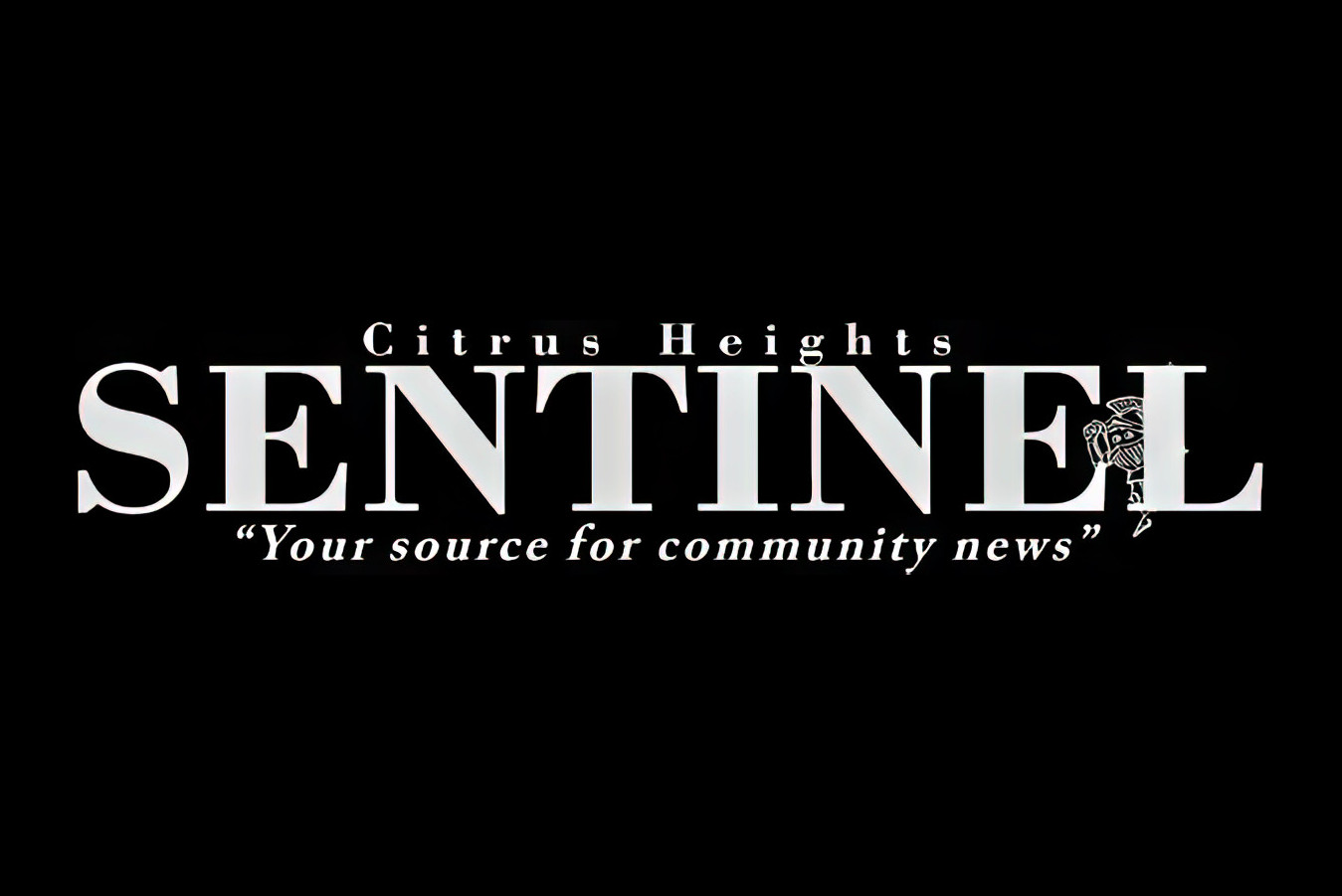Meghan Huber

City update highlights growth, redevelopment opportunity in Citrus Heights
In a new “Citrus Highlights” video update Wednesday, the City of Citrus Heights streamed a 30-minute online presentation to answer questions and highlight various development activity around the city.

City’s economic development manager shares update on business in Citrus Heights
by Mike Hazlip— Despite the impact of pandemic-related closures, the city’s economic development team sees light ahead for Citrus Heights.

City takes next step towards major redevelopment of Sunrise Mall
The Citrus Heights City Council unanimously voted to award a $1.2 million contract to a San Francisco-based architectural and planning firm for the creation of a “shovel ready” plan to comprehensively guide future development on the 100-acre Sunrise…

City’s new hire seeks to boost business in Citrus Heights
By Thomas J. Sullivan– Meghan Huber is the City of Citrus Heights’ new economic development manager, a position she’s been in for just over a month. She was hired by the city to replace Devon Rodriguez, who held…

Payless ShoeSource is the latest bankruptcy to affect Citrus Heights retail
Sentinel staff report–` Over the past three years Citrus Heights has seen Kmart, Sports Authority, Toys R Us, Sears, Aeropostale, Radio Shack, and other stores close amid company bankruptcy filings. Payless ShoeSource’s bankruptcy filing this month is the…



